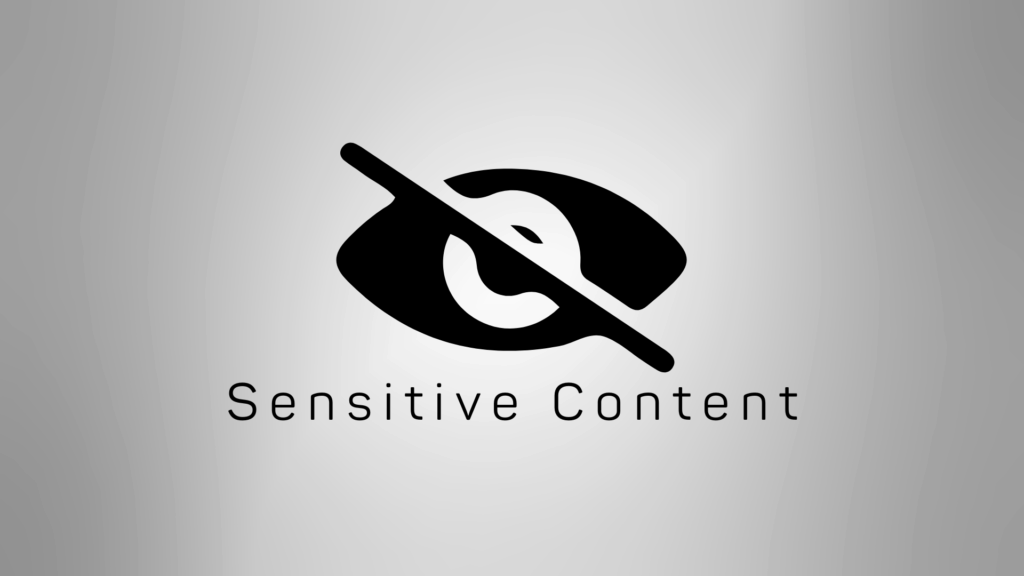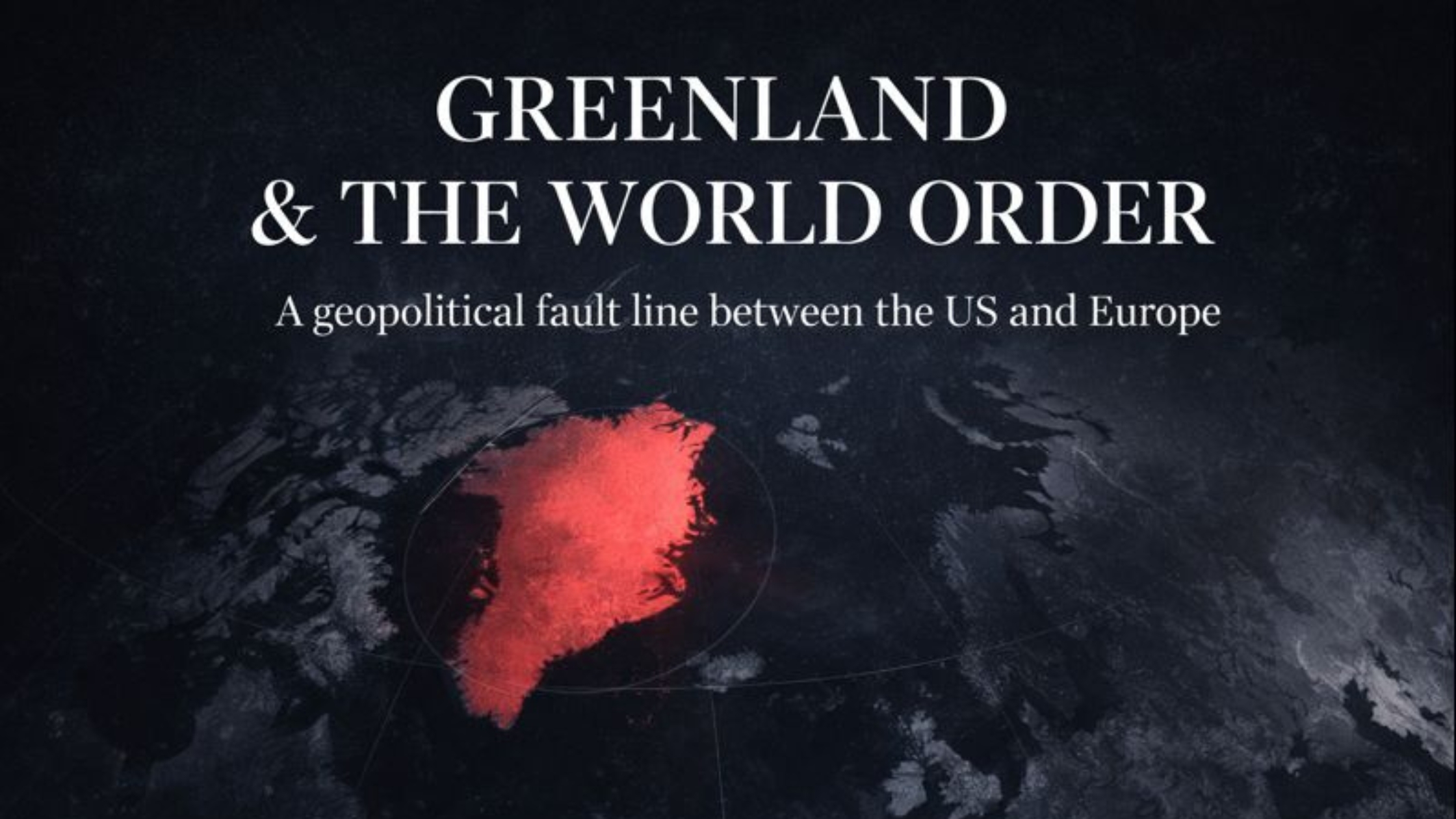At least once a week, I make a conscious decision not to see something that millions seem to have no problem with: I turn my eyes from a newscast after a content warning. I click past TikTok slap-fighting videos. When I drive past an ambulance next to a car wreck, I look at the road ahead of me.
The Charlie Kirk killing is the latest example. Two friends WhatsApped me shortly after it happened with links to where I could see the moment he died. Both have college degrees, hold good jobs, and are married (more or less happily) with children.
I thanked, but passed. And then, I wondered. Am I still in the majority? Or am I opting out? Has today’s world, where becoming a witness to violence and suffering is only a smartphone click away, become too much for me? Have I turned into the proverbial ostrich with its head in the sand, convinced that no lions are nearby because it can’t see them?
There’s a term for avoiding things that bother you. It’s called avoidance coping. Health educator Elizabeth Scott describes it as “trying to avoid stressors rather than dealing with them.”
I don’t engage in excessive hand-washing or other obsessive-compulsive behavior. Nor do I abuse drugs or alcohol. This gives me hope that my choice of reading about the Kirk killing and the famine in Gaza instead of needing to see the bullet hit and the face of an emaciated child days away from death is not a sign of denial of the world around me.
Not everyone (everything?) among my friends agrees. My pal, Microsoft Copilot, for instance.
“Is looking away occasionally a sign of avoidant coping? For instance, not wanting to see the moment Charlie Kirk was shot?”
“Yes, George —looking away in moments of emotional intensity or discomfort can indeed be a form of avoidant coping, especially when the act is driven by a desire to shield oneself from psychological distress.”
The caveat is somewhat reassuring.
“This behavior doesn’t necessarily mean someone is emotionally weak—it can be a temporary defense, especially if the person later reflects on or processes the event in other ways.”
I watched both CNN and Fox. I read the legacy media commentaries. I couldn’t avoid Trump sounding off about how the “Radical Left” was responsible for the killing. And as I write, I am far from finished mulling over what it means, in the context of how many threads, if any, still hold America’s fraying political discourse together. For me, this is the best way to process and reflect on a horrible event that will stay with me without the need to see blood flowing.
We cannot avoid tragedy—and sometimes horror—in our lives. I’ve seen cut-off heads littering fields, the bodies of violently killed children in a morgue, and have pulled a bullet-ridden corpse from Sniper’s Alley during the Yugoslav wars.
I can do it when I need to. But I won’t when I don’t. (Not even once I start avoiding the cracks in the sidewalk).



